The first underground tomb museum in Northwest China's Xinjiang Uygur Autonomous Region is scheduled to open in April.
The museum is dedicated to the Kuqa Youyi Road site located in Kuqa county in Xinjiang's Aksu Prefecture. In 2007, the site was listed as one of the 10 notable archaeological discoveries in China.
"Currently, we are finishing up the work related to water, electricity and roads," Chen Kui, the project manager responsible for the construction of the museum, told media.
To protect the ancient tombs, it is necessary to continually adjust plans during construction. After more than a year of construction, the project is now in its final stage and is expected to open to the public in April in 2024, said Chen.
The Kuqa Youyi Road ruins, an ancient cluster of tombs that was in use during the Jin Dynasty (265-420) and Sixteen Kingdoms Period (304-439), is the only tomb site discovered in Xinjiang made from bricks with the "characteristics of Han tombs widely seen in the Central Plains."
"According to archaeological research, the tombs' owners here were either Kuqa nobles deeply influenced by Central Plains culture, military personnel who moved from the Central Plains to live in the Kuqa area, or people who migrated from the the Hexi Corridor [a pivotal hub on the ancient Silk Road]," said Feng Wei, deputy direc-tor of the museum.
These tombs hold great value as historical evidence of interactions, exchanges, and integration between the civilizations of the region and the Central Plains, and have significant practical significance in forging a sense of community for the Chinese nation, Feng added.
The museum is situated 7 to 9 meters below the surface of Youyi Road. It includes an above-ground floor, an underground passage, and an area for the display of excavated tomb excavations. It will be a dynamic cultural space that showcases a total of 15 tombs to the public.










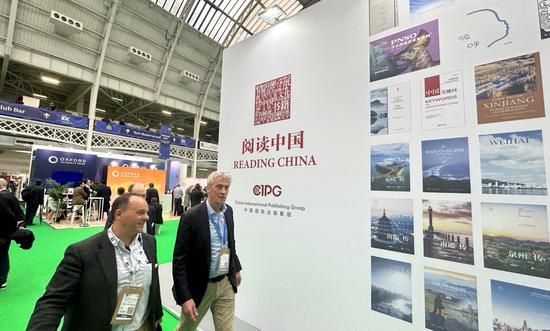
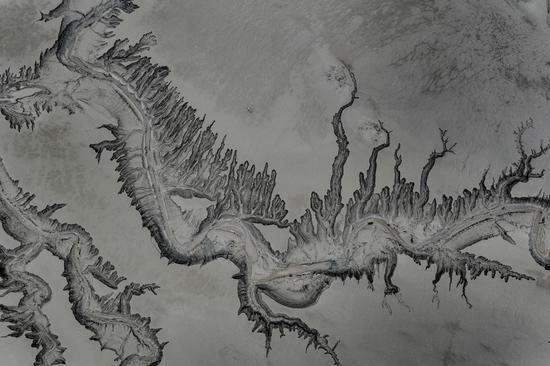


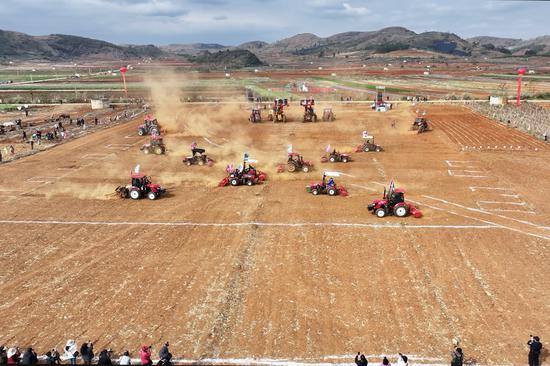

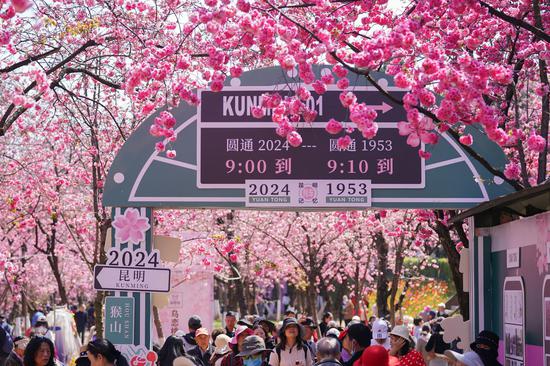
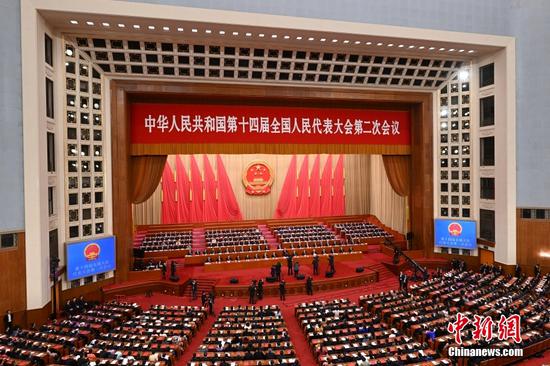

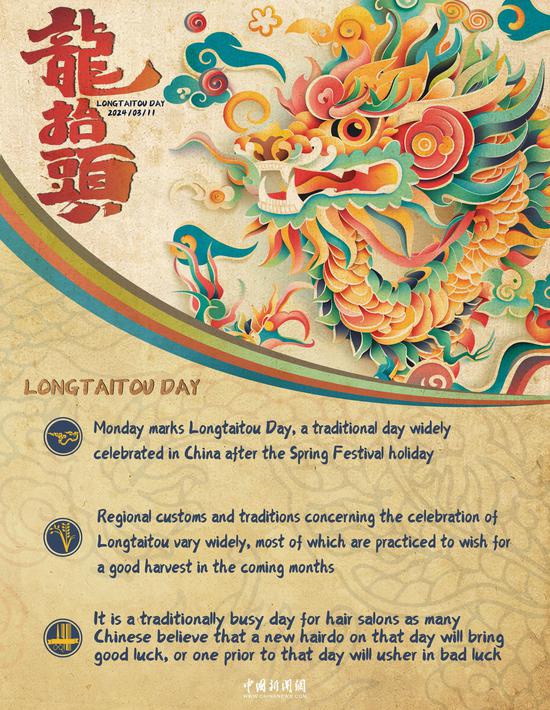

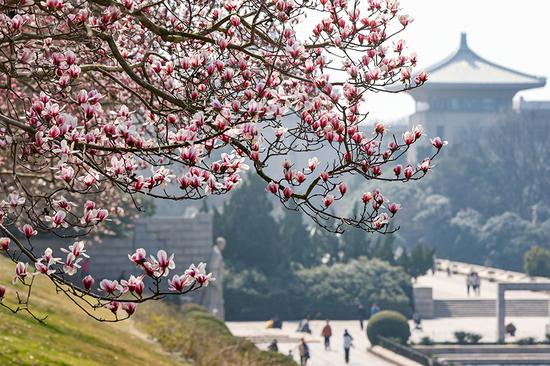
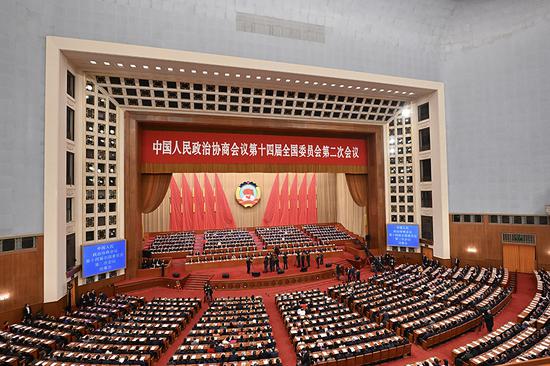
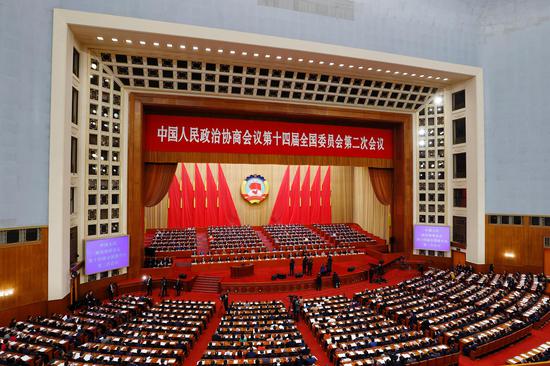

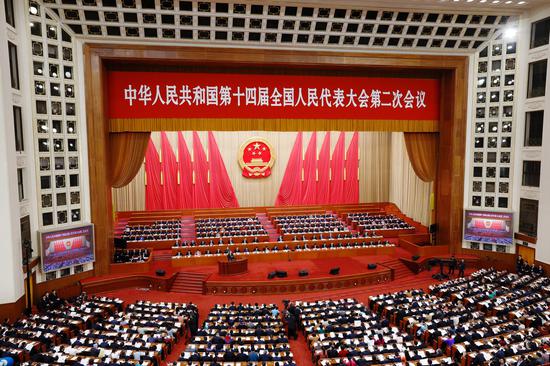
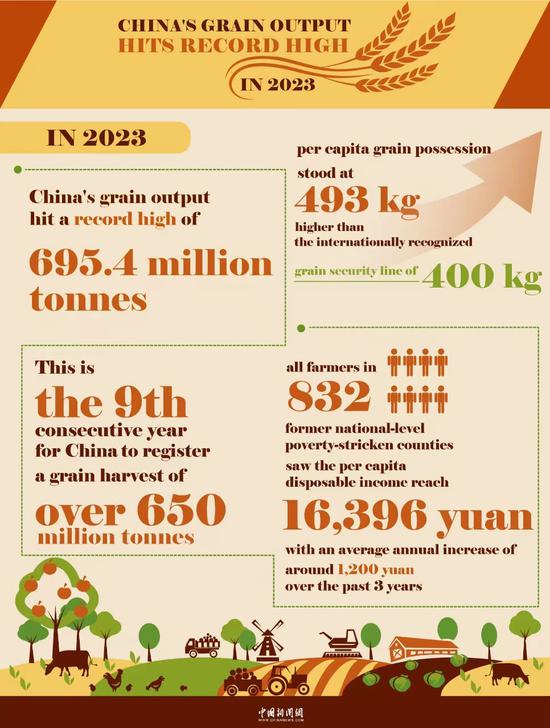

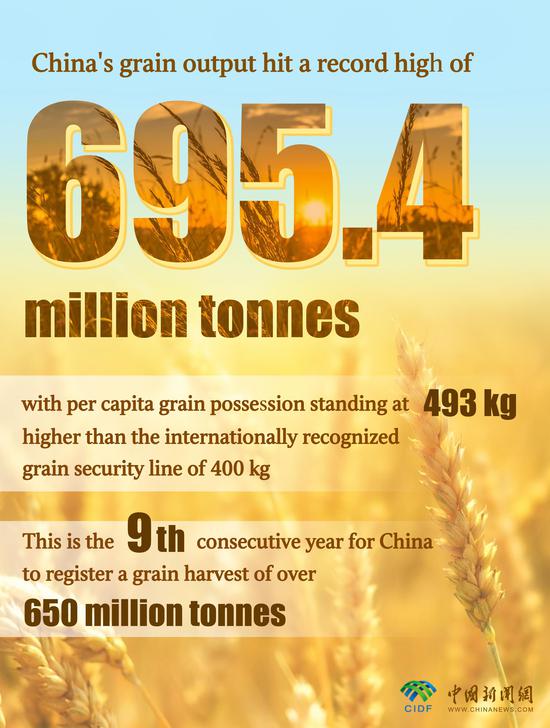
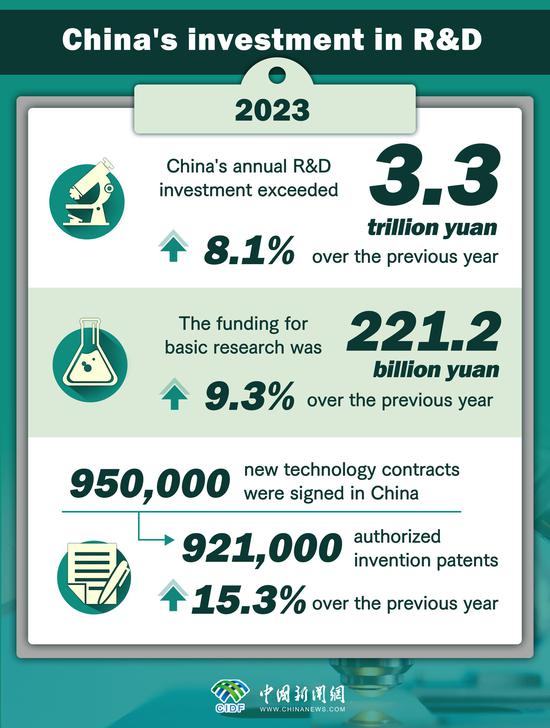

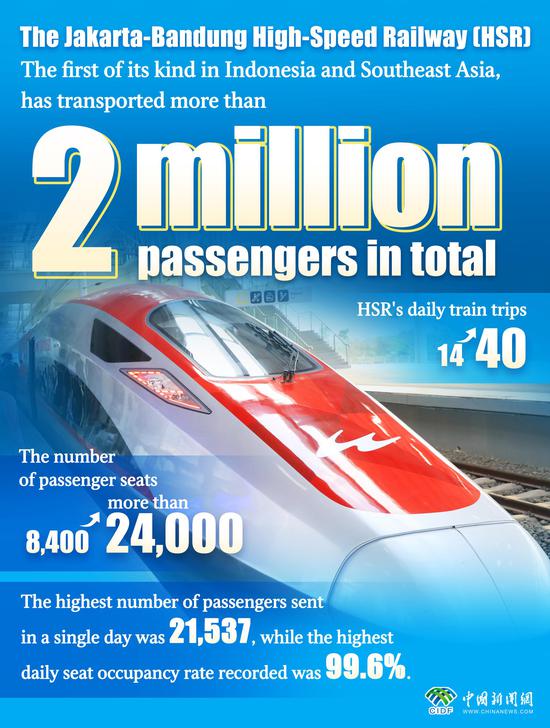
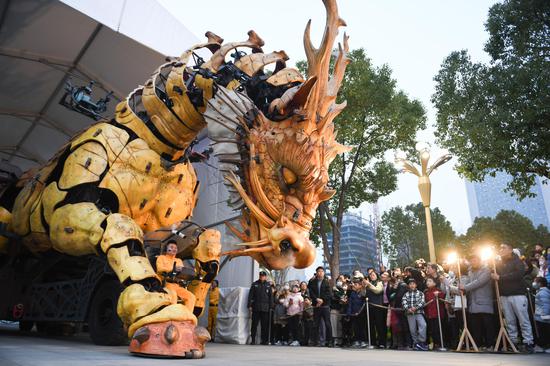
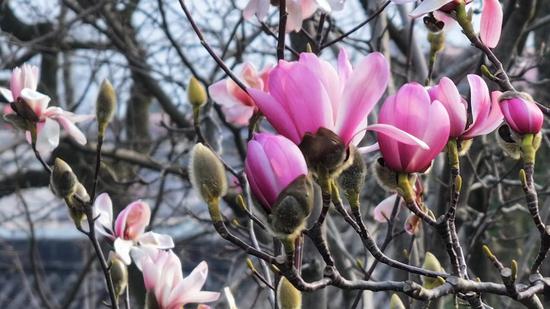

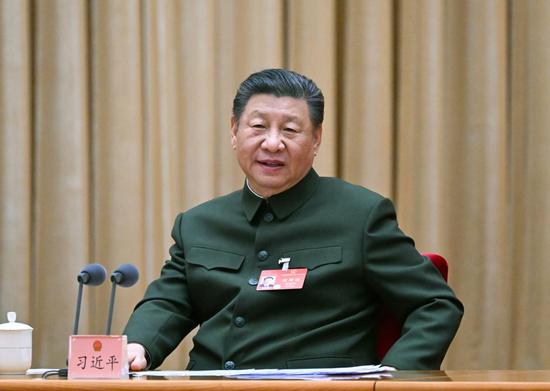
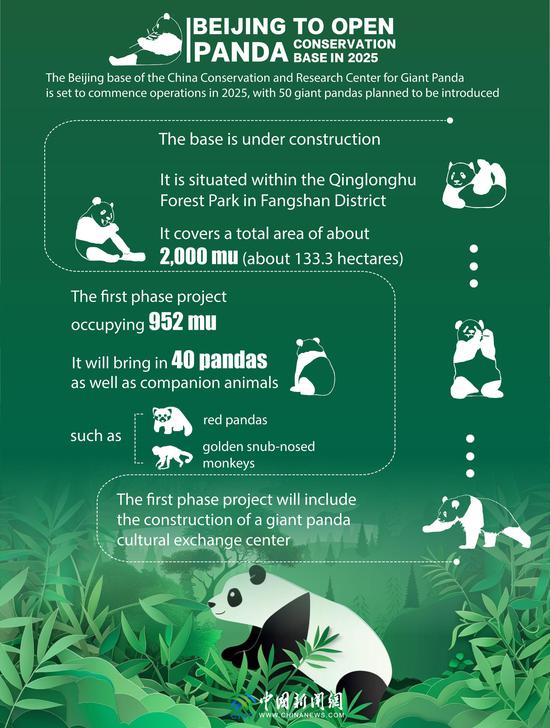

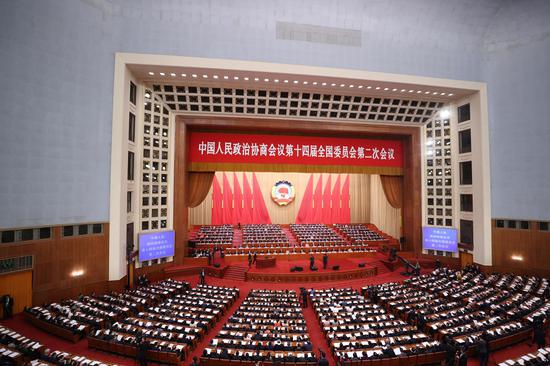
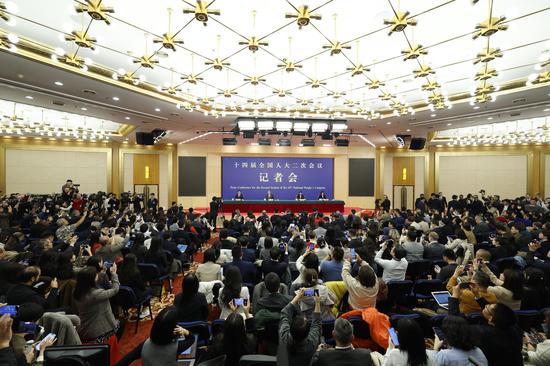

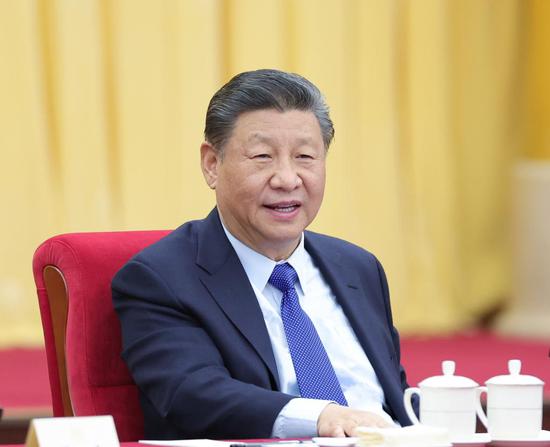

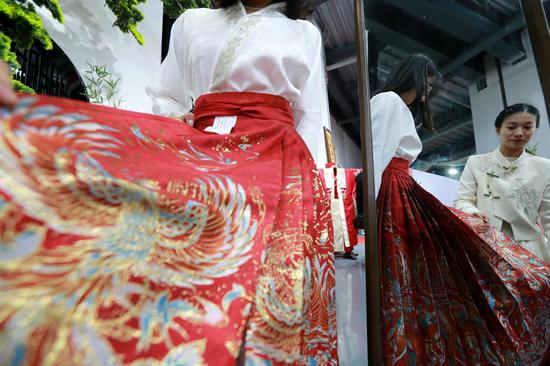
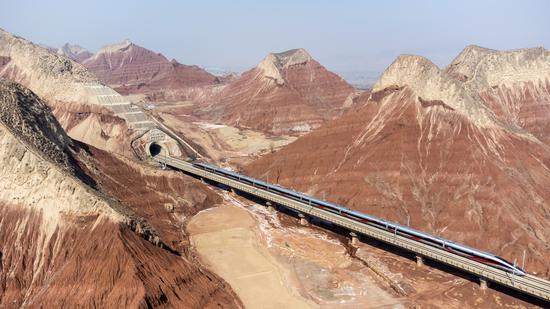





 京公网安备 11010202009201号
京公网安备 11010202009201号